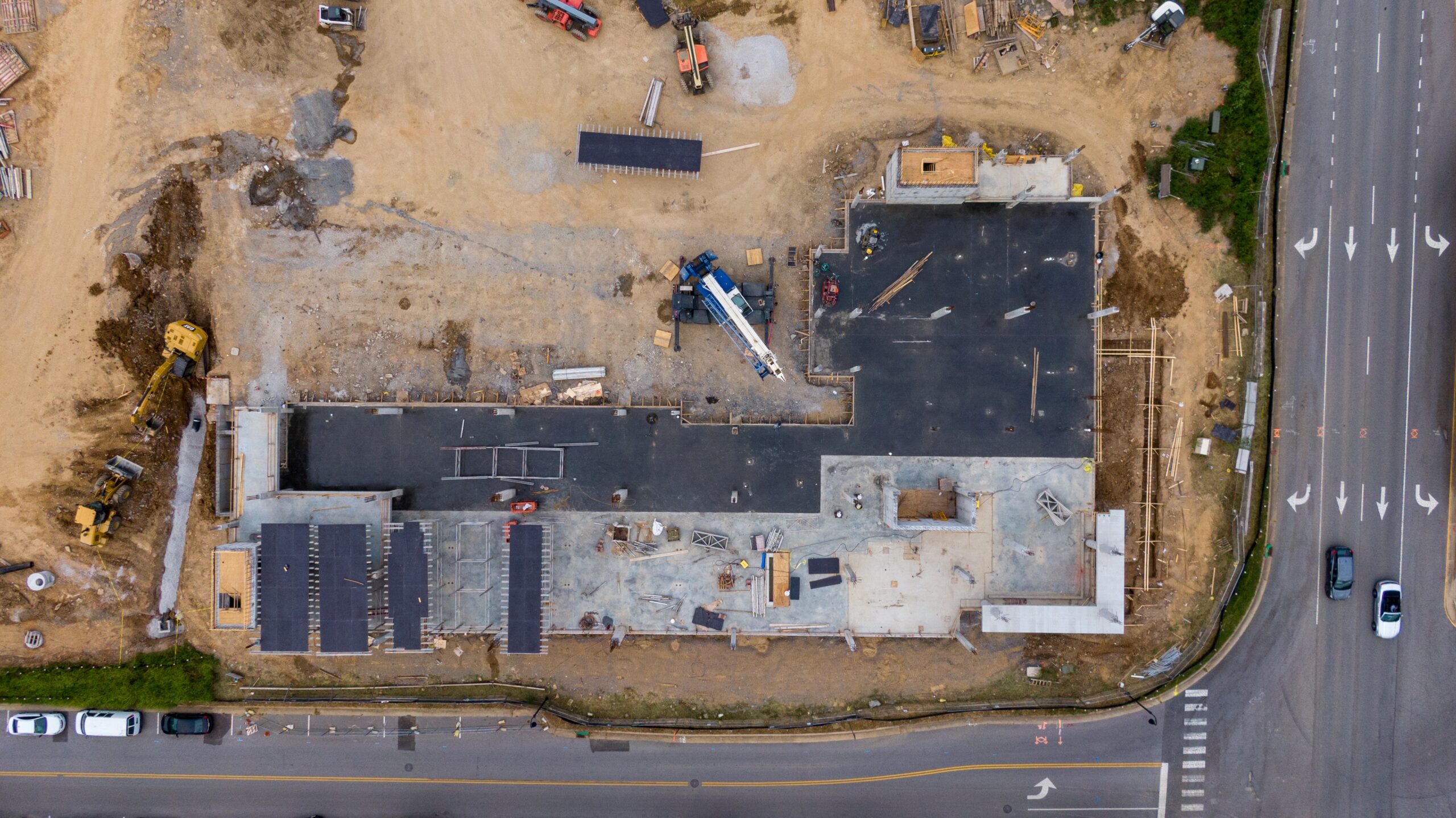The construction industry is rapidly changing as new technologies, materials, and techniques are introduced. This has been clearly evident over the past few years at various construction events that have taken place globally. In this blog post, we’ll take a closer look at how the construction industry has transformed and the trends that are shaping its future.
Digitalization of the Construction Industry
Digitalization can be defined as the use of digital tools, technologies, and services to improve the construction process from design to delivery. Over the past few years, there has been a steady integration of digital technology in the construction industry. This has resulted in improvements in project management, increased productivity, and enhanced communication between team members.
At recent construction events, there has been an increased focus on digitalization, with many companies showcasing new technology solutions designed to optimize workflow processes. For example, companies like PlanGrid and Procore offer digital tools that enable real-time collaboration and communication on construction sites. This means that documents, drawings, and data can be instantly shared and updated by all stakeholders wherever they are located in the world.
Another trend in digitalization is the use of drones to conduct site surveys and inspections. This not only improves the quality of the data collected but also helps to increase site safety by reducing the need for workers to go up on tall structures or venture into unsafe areas for inspections.
Artificial Intelligence and Machine Learning in Construction
Artificial intelligence (AI) and machine learning (ML) are also emerging technologies that are transforming the construction industry. AI can be used for various aspects of construction, including risk assessment, quality control, and even scheduling. ML, on the other hand, can help predict project timelines, budgets, and material requirements.
One notable example of the application of AI and ML in construction is the creation of “digital twins.” A digital twin is a virtual replica of a physical building that can be used to optimize construction.
Construction firms at recent events are showcasing various applications of AI and ML, including predictive maintenance and monitoring of equipment health. This has helped to reduce unplanned downtime and maintenance costs, and improved overall equipment performance.
Improvements in Sustainable Construction
Over the years, there has been an increasing focus on sustainable construction practices. This has been driven by the need to reduce carbon emissions, minimize waste, and preserve natural resources.
At recent construction events, companies have showcased sustainable construction practices such as the use of renewable energy, recycling of waste materials, reduction of carbon footprint through the usage of locally sourced materials, and integration of green roofs and solar panels.
One notable example of sustainable construction is the use of 3D printing to create building components. This approach significantly reduces waste and improves the overall sustainability of the construction process. In addition, the production of building components using 3D printing is seen as a way to improve construction quality and reduce costs.
Collaboration and Partnership for Improved Delivery
Collaboration and partnerships among construction industry players are also on the rise. One positive example of collaboration is the adoption of design for manufacturing and assembly (DfMA), where construction firms work with manufacturers to design components that can be assembled quickly on-site.
The DfMA approach has resulted in the production of building components offsite in factories that are of higher quality, cost-effective, and environmentally friendly. This has also led to fewer delays and improved safety on construction sites.
There has also been an increased trend toward public-private partnerships (PPP) in the construction industry. This collaboration has led to the construction of infrastructure projects across various sectors, including roads, airports, ports, and railway lines.
The PPP approach has enabled the public sector to leverage private sector expertise and resources to deliver critical infrastructure projects that are often too big or complex to be handled by the public sector alone.
Adoption of Building Information Modeling (BIM)
Building Information Modeling (BIM) is a digital representation of the physical and functional characteristics of a facility. It is an evolving technology that has revolutionized the construction industry by allowing stakeholders to collaborate on a project in a shared 3D environment.
BIM enables stakeholders to input relevant data into the project, which is then used to generate detailed construction drawings, establish project timelines, and identify potential hazards before construction begins.
At various events, construction firms have showcased the use of BIM to improve the accuracy of construction projects, reduce delays, and improve risk control. Also, BIM has brought transparency and accountability to the construction process.
Adoption of Virtual and Augmented Reality
Virtual reality (VR) and augmented reality (AR) technologies are increasingly being used in the construction industry. These technologies create realistic digital environments through which builders can visualize designs, test different materials, and simulate different scenarios.
VR and AR tools have also been used in the training of construction workers and safety personnel. For example, virtual reality technology can be used to train workers on safety protocols, emergency evacuation procedures, and how to use different pieces of equipment.
Increased Automation in Construction
The construction industry is also witnessing increased levels of automation. Automation refers to the use of robotics and artificial intelligence to perform tasks that were previously done by humans.
One area where automation is making a significant impact is road building. Self-driving machines are being used to grade and pave roads with greater precision and speed than human operators.
In addition, robotic technology is being used for precision drilling and blasting of rock in tunneling operations, cutting the time and money needed for construction.
Concluding Thoughts
It is clear that the construction industry is experiencing a significant transformation through the introduction of new technologies, materials, and techniques. These trends were clearly visible at recent events, such as construction shows, where leaders gathered to showcase the latest advances in the sector.
With increased digitalization, artificial intelligence, sustainable construction practices, collaboration and partnerships, adoption of BIM, VR/AR, and increased levels of automation, the construction industry is becoming more efficient, productive, and sustainable.
These innovations not only help to deliver projects faster but also reduce costs, improve safety, and produce structures that are built to last. This growing technology will ensure a bright future for the construction sector.
We welcome any suggestions or questions. You can email us or contact us using the contact page.
You can also connect with us on the following social networks:









0 Comments